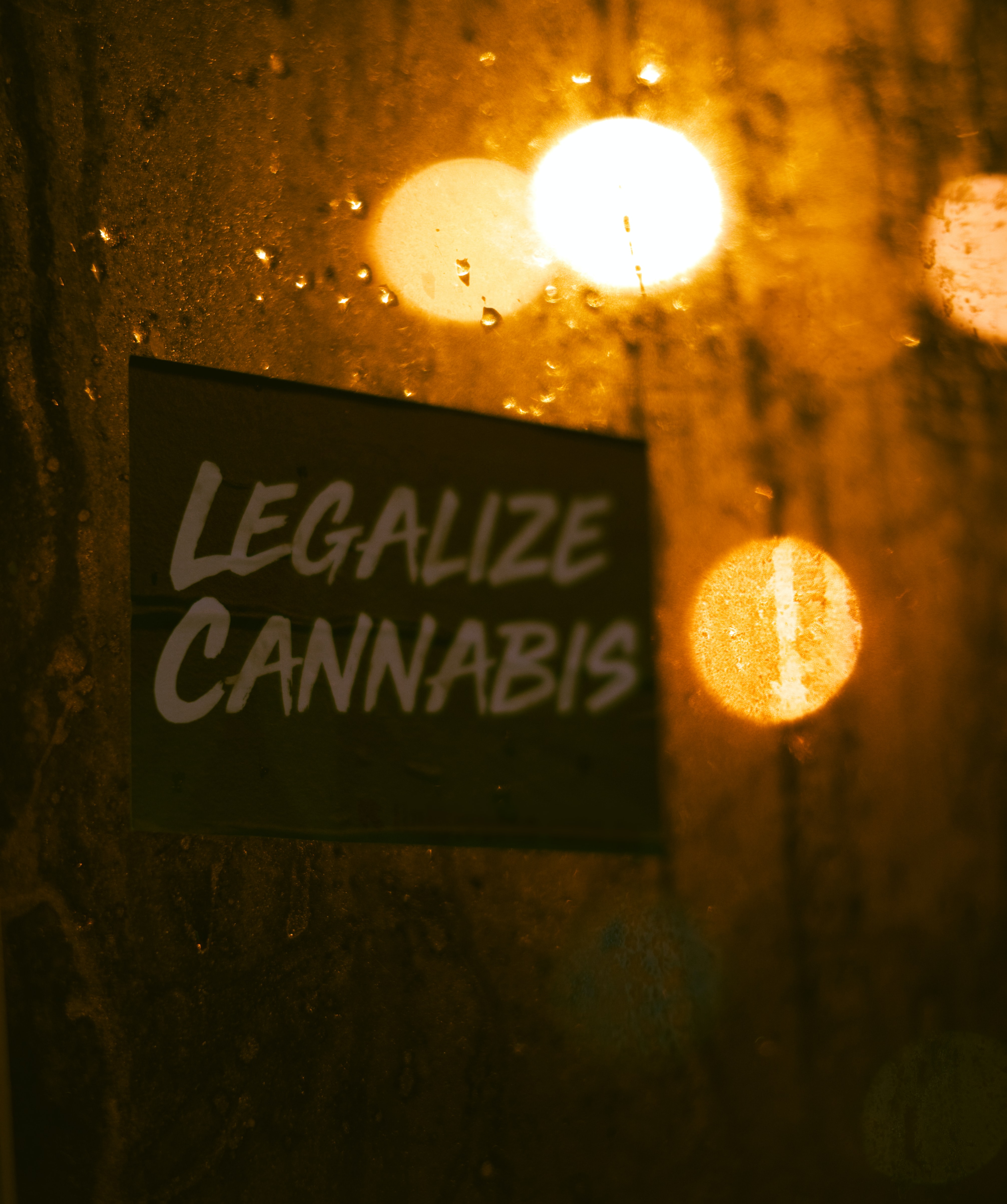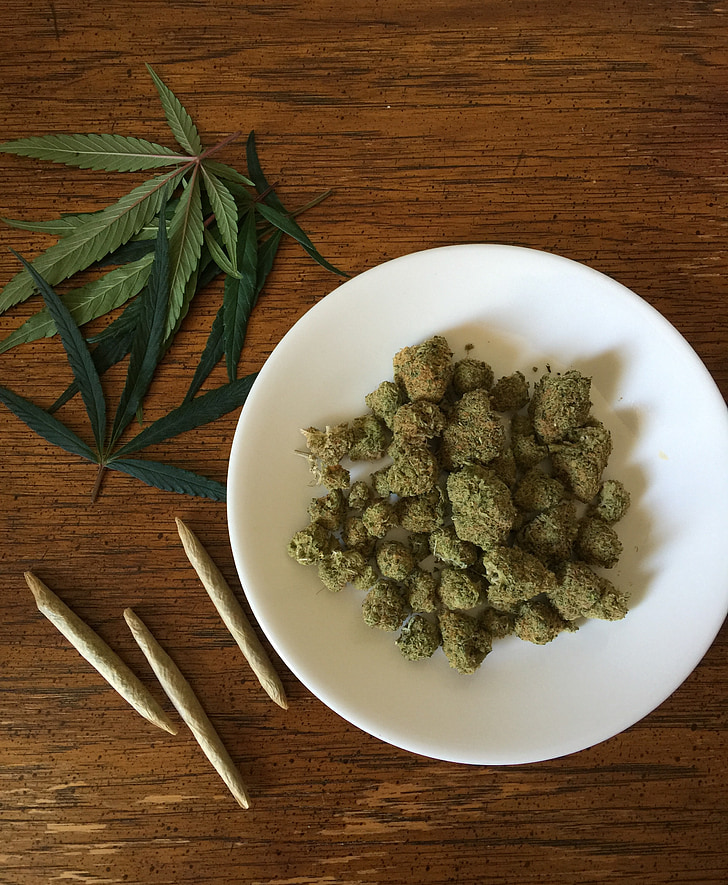The legality of Cannabis is always uncertain. Any new research might make Cannabis completely legal while an incident can show its way out of the market.
Before understanding the law around weed, it is vital to understand the meaning of weed. When someone says the word weed, it does not only signify Marijuana or hemp or CBD or THC. Instead, weed is the word used for Cannabis plants that carry all these cannabinoids, CBD and THC.
Although the two words are the same, there is a physiological difference between them. The word weed or Cannabis has been controversial for a long time. The controversy confuses people regarding its legality. Whether it is legal to buy weed, possess it, or consume it? So, here is a guide that will explain the minor distinction between Cannabis and weed and federal laws around weed.
Weed in the USA
While talking about the stand of the Federal Government on weed delivery, there are few things you should know. They are:
- The FDA divides weed into two parts, marijuana and hemp.
- While Marijuana is a plant rich in THC content, responsible for the feeling of high in people consuming it.
- On the other hand, hemp is a plant rich in other cannabinoids, such as CBD, and low in THC content. This plant is primarily seen as a medical plant. It is federally legal. However, there are limitations.
So, you will learn about the legal state of weed in two parts, one is laws around the use and possession of Marijuana, and another is laws around the use and possession of CBD/hemp.
However, before that, have a look at the hairline difference between weed and Cannabis.
Weed Vs. Cannabis
Weed is another way of saying Cannabis. However, the difference is in perception. Most people see weed as a plant only for recreational purposes or a plant they can enjoy with their friends at a party. However, Cannabis sounds more like science. It is a new word, and the human mind often connects it with a plant with medical benefits.
Talking about Cannabis and weed, Lauren Yoshio in Forbes pens, “Do these words mean two different things? No. They’re both terms for a cannabis plant rife with complex cannabinoids like THC, CBD and CBN. But calling it ‘pot’ or ‘weed’ versus ‘cannabis’ does bring to mind different associations, and have their own effects on the perceptions of others. I use the word ‘cannabis’ because I think it legitimizes referring to this thing by its truest identity: a plant.”
So, next time you hear the word weed, do not confuse it with a random drug for getting high. Coming back to legality, the following section deals with legality around Marijuana.
Laws Around Marijuana

The National Institute on Drug Abuse considers this drug the most commonly consumed illegal drug in the United States. In recent days, some states have passed laws decriminalizing possession and permitting the use of Marijuana. However, the compound stays illegal federally. Some things to know about the laws around Marijuana are:
- The federal laws, specifically the Controlled Substances Act, do not allow the distribution and possession of recreational or medical Marijuana.
- Possession of a bit of Marijuana is illegal and a federal criminal offense.
- Even if your intentions are not to distribute Marijuana, its possession can result in a penalty of up to $1,000 and one year in prison. It is the punishment for a first-time offense.
- If you are caught doing an offense for the second time, you will be put in prison mandatorily for 15 days. You might also end up being in jail for 2 years. Besides the prison statements, the authority might also charge you a fine of up to $2500.
- The mandatory prison statement for a third offense becomes 90 days, turning to 3 years in prison. Besides, a fine of $5,000 is possible.
- When it comes to Marijuana, people often confuse if the compound is legal in their state. This means federal authorities might charge you for growing, possessing, or selling Marijuana, despite living in a state where the compound is legal. So, in such situations, always remember that federal law prevails.
However, the current federal protocol is not to chase the people of those states where using, growing, possessing, and selling Marijuana have been legalized. The only limitation is, the federal government would not interfere until people follow the state law and do not try to distribute Marijuana across state lines.
So, these are federal laws around Marijuana. Now, have a look at the Federal government on hemp.
Federal Government on Hemp
Before anything, it is vital to understand what the federal government considers hemp. the official site of FDA defines hemp as “the plant Cannabis sativa L. and any part of that plant, including the seeds thereof and all derivatives, extracts, cannabinoids, isomers, acids, salts, and salts of isomers, whether growing or not, with a delta-9 tetrahydrocannabinol concentration of not more than 0.3 percent on a dry weight basis.”
Various things to understand about the laws around it are:
- The Agriculture Improvement Act of 2018, popularly known as Farm Bill 2018, became law on December 20, 2018. The law discarded hemp from the list of controlled substances act. It means that the federation no longer controls cannabis plants and their derivatives with less than or equal to 0.3% of THC ( according to dry weight basis).
- The official site of the FDA mentions, “The 2018 Farm Bill, however, explicitly preserved FDA’s authority to regulate products containing Cannabis or cannabis-derived compounds under the FD&C Act and section 351 of the Public Health Service Act (PHS Act). FDA treats products containing Cannabis or cannabis-derived compounds as it does any other FDA-regulated products — meaning they’re subject to the same authorities and requirements as FDA-regulated products containing any other substance. This is true regardless of whether the cannabis or cannabis-derived compounds are classified as hemp under the 2018 Farm Bill.”
- Although growing, possessing, and processing hemp is legal, you have to take a license from the USDA program for growing hemp.
- FDA does not allow companies to sell hemp products by claiming its medical benefits and have issued warning letters to various companies.
So, this is the stand of the Federal government on weed.
Conclusion
The legality of Cannabis is always uncertain. Any new research might make Cannabis completely legal while an incident can show its way out of the market. Whatever it is, until the compound is legal, you can enjoy its claimed benefits or consume it for recreational purposes, if your state allows.


Join the conversation!